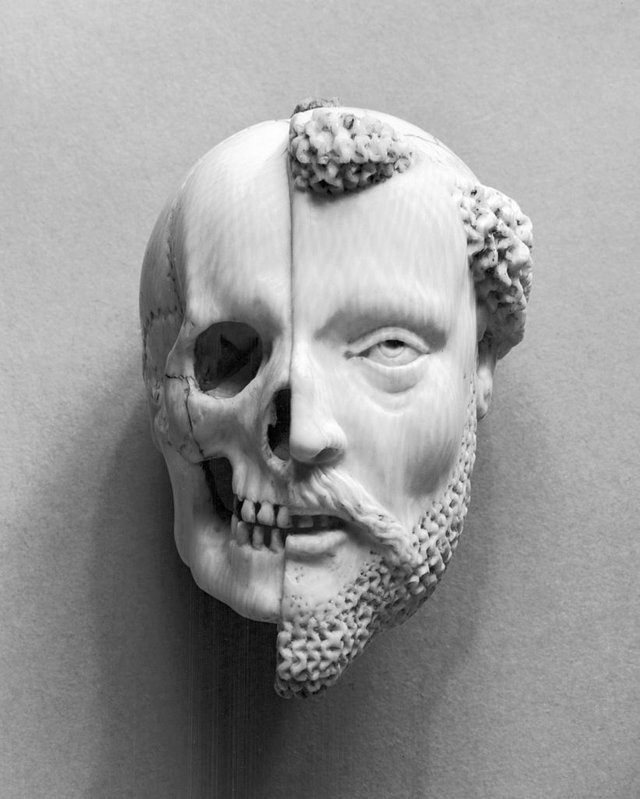On the one hand, almost no one talks about death, and in the bookstores you will not find shelves about it. On the other hand, you can see how, in the final analysis, all human books, from romantic novels to the texts of European philosophers of the 20th century (and certainly biographies, which all end in the same way), do not just tell, but directly scream for death. Some people think that the only reason to write for a person is precisely this: your text will outlive you if you find your reader. To this absence / presence of death in culture, an extraordinary variety of ways to conceal or speak out about death is superimposed. Death can be regarded as a social phenomenon, it can be either medical or legal (discussion of the death penalty), one can apply to it philosophical arguments or view it as an adaptation advantage from the standpoint of evolutionary biology, you can finally hit the religion.
You can read about all this here:
- Epicurus "Letter to Meneke."
A letter from the famous ancient philosopher, in which he cites one of the key arguments about death in Western culture. Since life is a totality of sensations, and death is the cessation of life, we will never face our own death: while we are still alive, it is not, and when we are already dead, we no longer feel it.
- Julian Barnes "Do not be afraid."
An outstanding documentary novel or essay by an English writer, entirely devoted to aging and dying. At the same time, an endlessly sad epitaph to the family, an ironic and bitter reflection on one's own death and a terrific excursion on European intellectual culture addressed to the theme of death: from Christians and Montaigne to positivist philosopher Alfred Iyer and Dmitry Shostakovich. If you really only need one book about death, choose this one. It's at least damned well written.
- Philippe Aries "A Man in the Face of Death."
A key text written about death, from the perspective of the history of everyday life and cultural anthropology. Ares reconstructs how death from an ordinary phenomenon in a pre-modern society gradually becomes an individual drama in the modern era, something obscene, and then romanticized.
- Elizabeth Kubler-Ross "On death and dying."
The most famous book, written about death by a psychologist. Kubler-Ross - the same scholar who in the late 60s of the last century came up with the famous "five stages" of the death: denial, anger, bargaining, depression, acceptance. The Kübler-Ross model was then widely criticized in the literature.
- Andreev Leonid "The story of the seven hanged."
Leonid Andreev's prose fancifully interwoven trembling emotion, meticulous interest in the daily life of Russian life and sometimes irrational fear of the nightmares of the Iron Age. Love and death, hardness of heart and spiritual stamina of man are the main themes of his stories and stories, which became one of the highest achievements of Russian literature of the beginning of the twentieth century.
- Mary Roach "Cadastral. How the body after death serves science "
A popular science book, the main character of which is a corpse, which - sometimes by the will of the deceased, sometimes accidentally serves science and human knowledge. Even Roach has a book "Life after death," where she analyzes all sorts of speculation about the afterlife. All these stories about how "the body gets 10 grams easier when the soul goes off."
